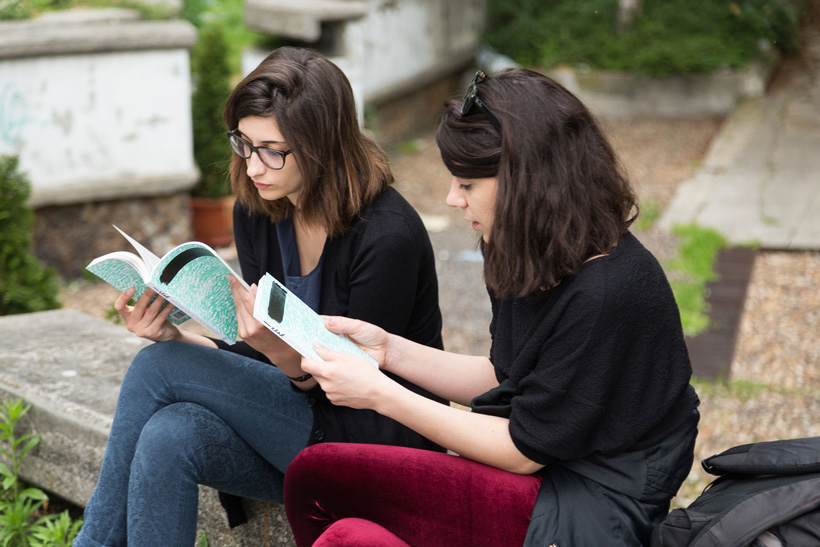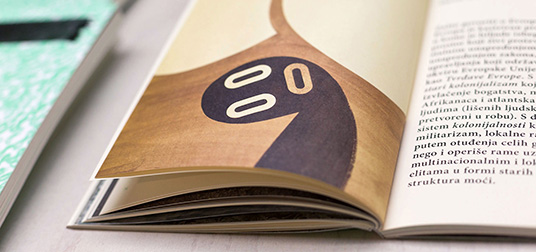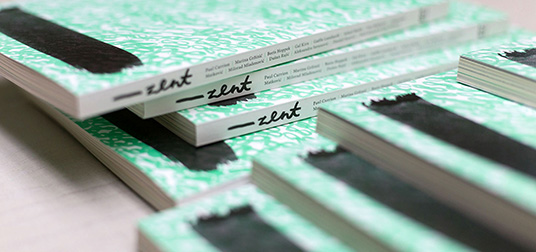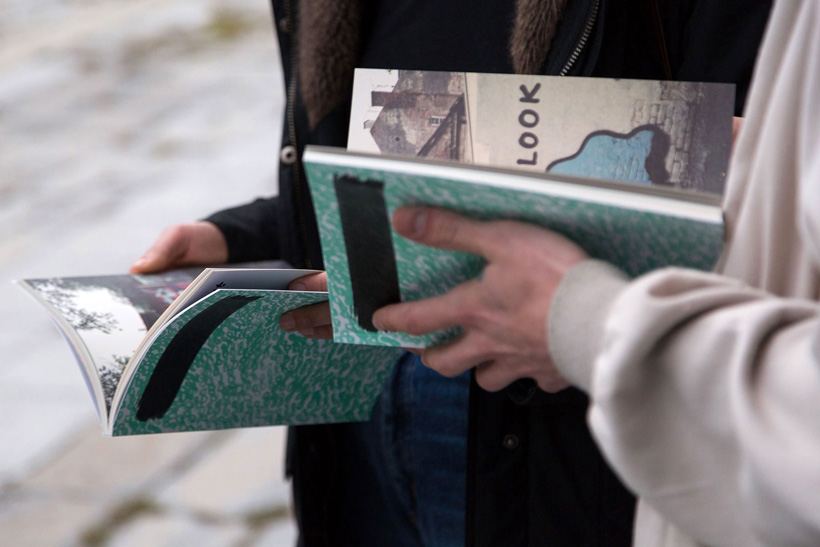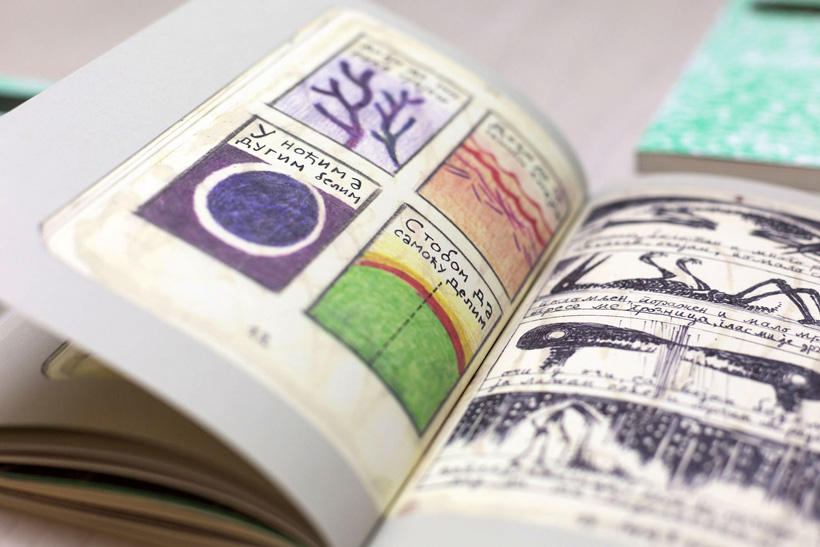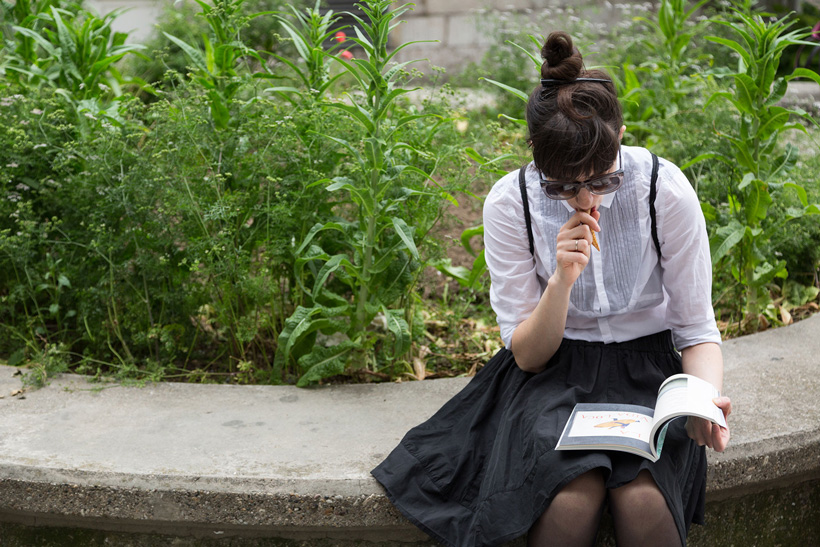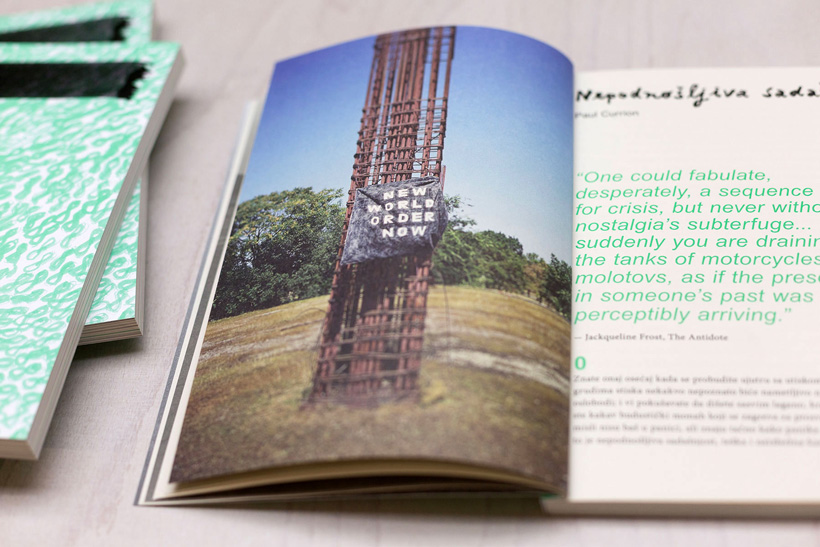Idea
Zent magazine is dedicated to the research and examining of the issues that deal with the problematisation of the “contemporary“ in all of its aspects.
Zent is political, insofar as it does not see politics (only) as a matter of institutions, but above all as a matter of everyday relations between individuals and communities to each other and to the world. Zent’s language is written in accessible and understandable manner, while it also experiments with forms of expression (from photography, through literature and architecture to theory) with the intention to problematize the relationship between “high”, “popular” and “national” culture, “experts” and “amateurs”, managers and those that are managed.
WHY?
Zent is attempting to re-invent and establish a publishing model whose goal is not profit but access to knowledge for all. Zent is grounded in the values of community and the belief that the state is not an essential mediator. The name itself comes from the magazine lingo term zentati, which implies a certain level of fear (of) and anxiety (as). For Zent, zentati means to await (nothing specific), to be out of order and out of place, on no man’s land, never where it is expected. Zent understands unity as the first prerequisite for the exercise of extra-ordinal space for all.
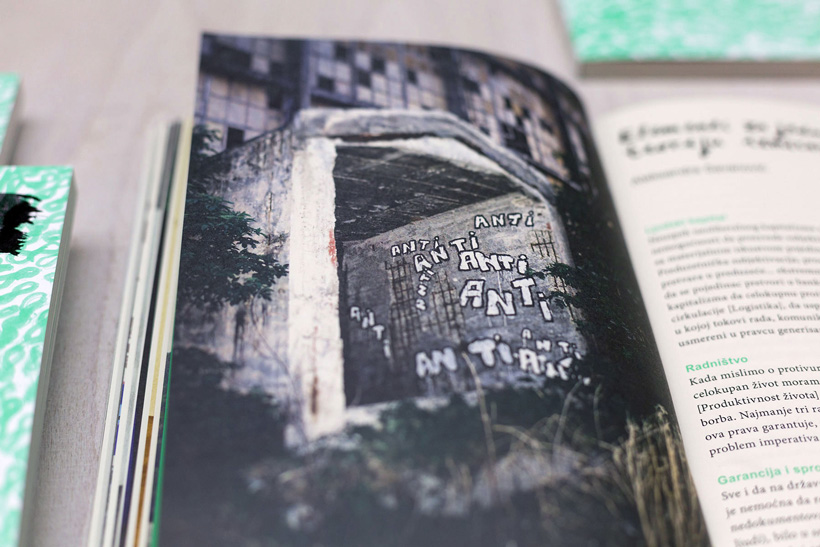
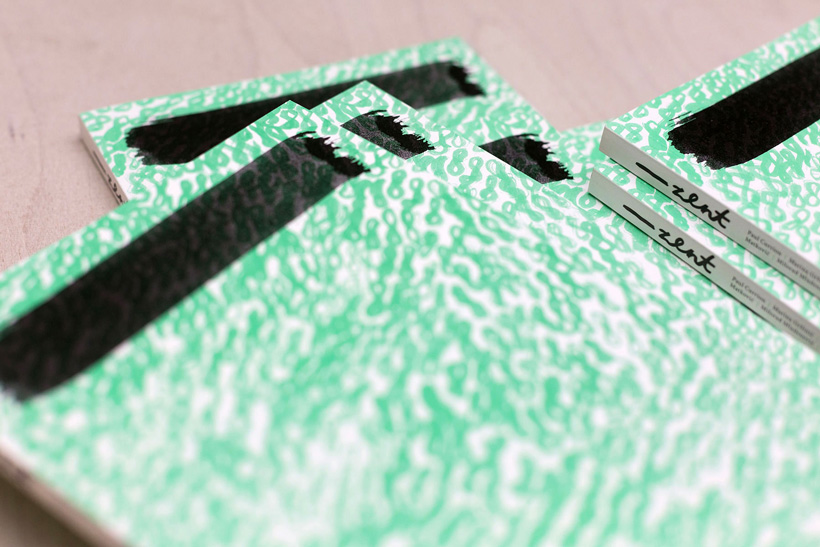
How?
In the form of thematic printed editions, Zent magazine is published twice a year, and on the website of the magazine www.zentmagazine.com besides the contents of printed editions, you can find other original texts and translations.
The magazine operates on the basis of an open call for both printed and online editions.
The first issue looks at Zent and deals with the present through texts, visual interventions, poetry and comics in a specific way of dealing with social issues, phenomena, discourses and practices from the position of our contemporary: from the urban changes in Belgrade, over the situation of refugees in Europe and the New Racism, to the “European integration” of Serbia. The writers are Gal Kirn, Paul Currion, Ivan Marković, Nick Srnicek and Alex Williams, Aleksandar Matković, Marina Gržinić, Aleksandra Savanović and Suhail Malik. The answers to the question What is the Present? in the eponymous section are offered by Aleksandra Lakić, Damjan Rehm Bogunović, Mića Stajčić, Natalija Miletić, Malena Nijensohn, Sumire, Amanda Grey, Ivan Marković and Marija Milinković.
Visual interventions across the first edition of Zent Magazine are contributed by the visual artists Dušan Rajić, Boris Hoppek and Gaelle Leenhardt. Author of the comic that shows another dimension of contemporary is Danijel Savović, while Milorad Mladenović approached the topic from our everyday perspective in the form of characteristic Facebook poetry.
Visual identity, design and layout of the first issue of the magazine Zent was developed by the graphic designer Olga Jorgačević.
For the second issue of ZENT Magazine, whose theme was the transformation in the field of work, numerous authors contributed with their work: Velimir Andrejević, Franco Bifo Berardi, Jean Dreager, Ana Filipović, Sofija Gavrilović, David Greaber, Peter Handke, Ljiljana Ilić, Uroš Jovanović, Maja Kantar, Marija Marić, Tomislav Osmanli, Andrea Palašti, Dušan Perić, Jana Rastegorac Vukomanović, Miroslav Ružica, Aleksandra Savanović, Dean Spade, Borisav Stanić, Vladimir Stanković, Mladen Stilinović, Bojan Vasić and many more.
